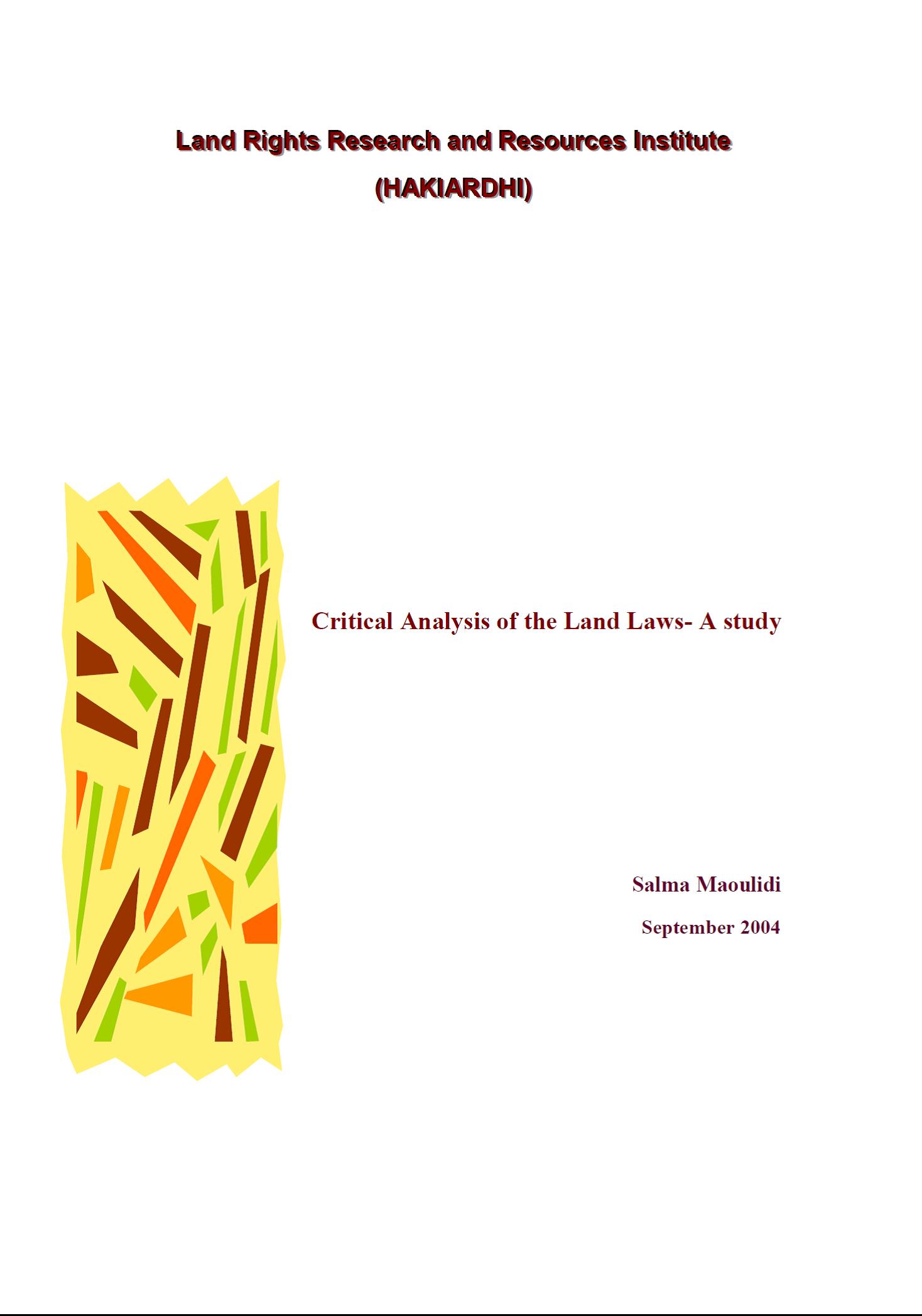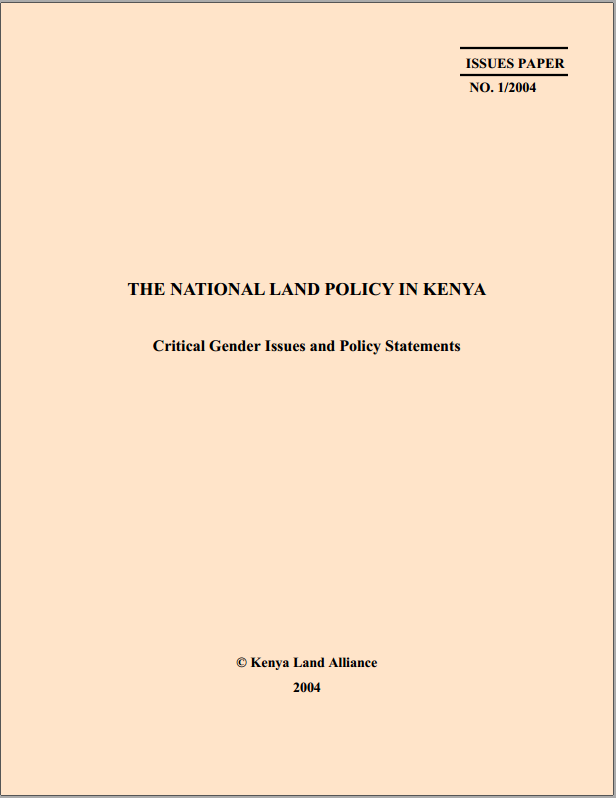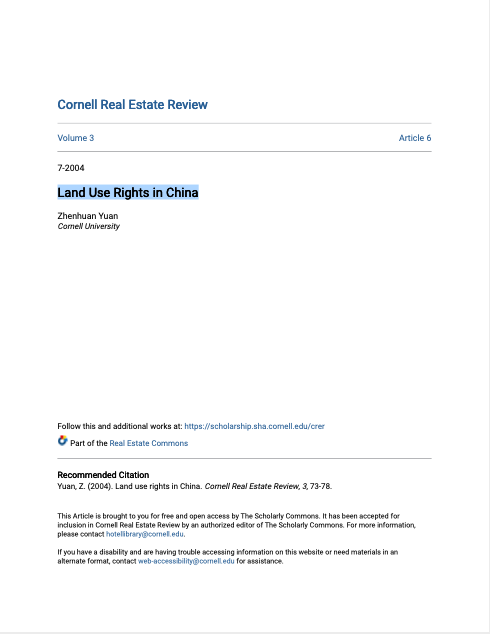Critical Analysis of the Land Laws- A study
The task at hand entails the critical review of the Land Laws of Tanzania, chiefly Act No.4 and Act No.5, 1999 and their subsequent revisions. This could not be done out of context, or by confining oneself solely to the statutes. It was pertinent to review the factors and processes that informed the legislation. Towards this end, an extensive literature review on various aspects related to land reforms in Tanzania was done.






